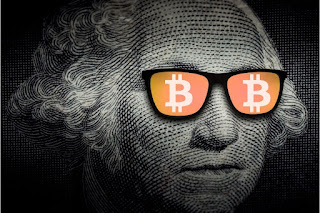Europe’s Defining Operational Risk: The Battle for Cyber and ICT Resilience in Banking

- By Stanley Epstein - Why escalating cyberattacks, ICT vulnerabilities, and sophisticated fraud are now at the core of operational risk management across Europe’s financial sector. Introduction European banks have entered a new era of operational risk exposure — one dominated not by rogue traders or faulty models, but by invisible adversaries in cyberspace. As digitalisation accelerates and financial institutions migrate core processes to the cloud, operational resilience has become the defining risk management challenge of the decade. The European Banking Authority (EBA) now consistently identifies cyber and ICT (Information and Communication Technology systems) risk as the most critical operational risk facing the banking sector. Rising losses, growing dependence on external technology providers, and an intensifying threat environment underscore the urgency of this challenge. At the same time, fraud, conduct risk, and third-party dependency are converging with cyber threats, amplify...


.jpg)


